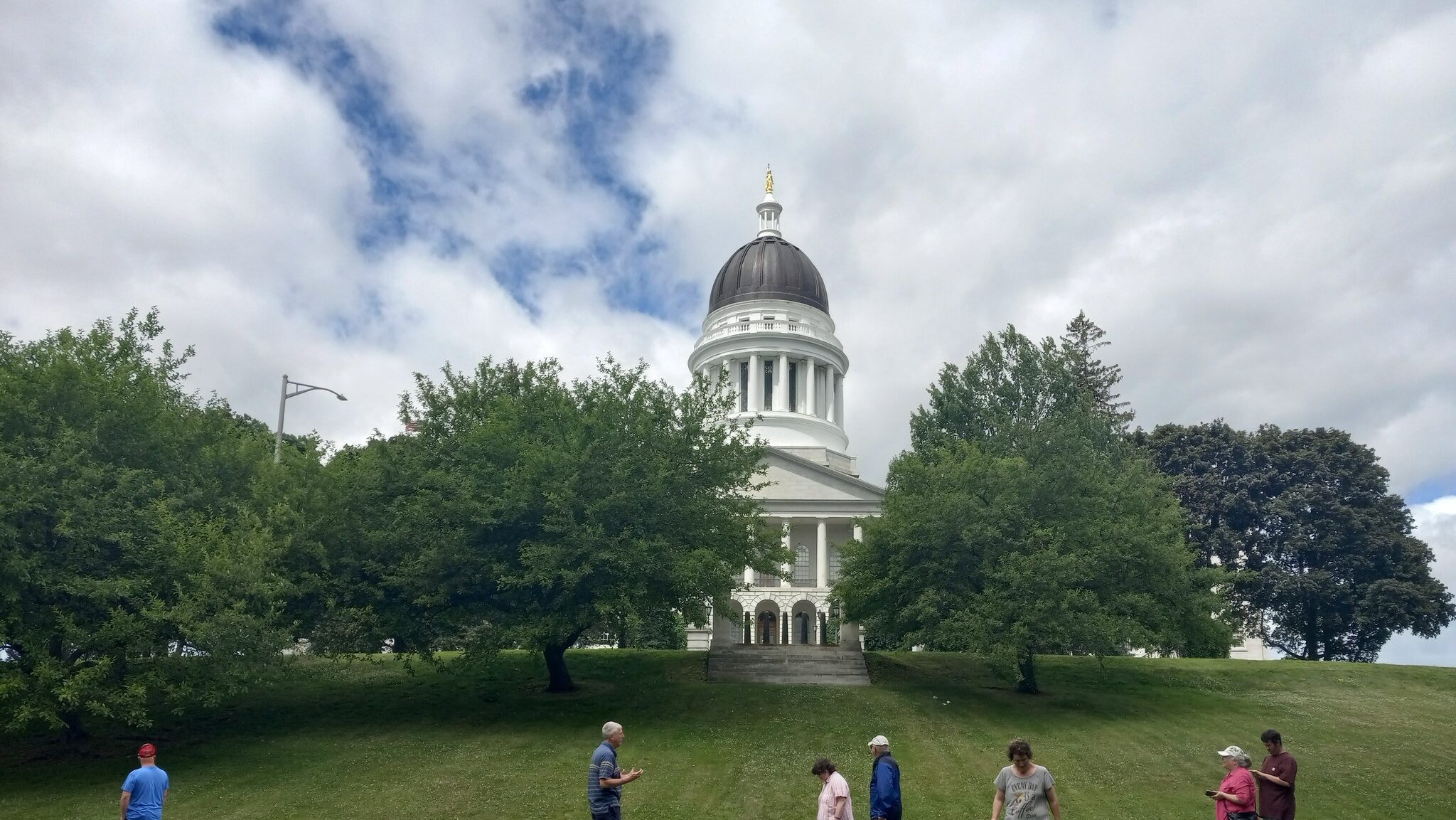
Although South Carolina sports betting is not legal, it’s not stopping many people in The Palmetto State from getting involved. Fantasy games are allowed, but now some are wondering if South Carolina will follow the lead of other states and try to shut them down.
Recently, Florida, along with Massachusetts, Arkansas, and Kansas, has joined the list of states issuing cease-and-desist letters to daily fantasy sites. These letters indicate that these sites are breaching gambling laws.
The Difference Between DFS and Sports Betting
In the “daily fantasy sports” (DFS) format, bettors place wagers on players’ statistics, but the timeframe is typically short, often just a day. Instead of competing against other bettors, they compete against the sportsbook or “the house”, which implies they’re betting against anonymous gaming experts or computer algorithms.
The transient nature of these bets and the competition against the house have started to obscure the distinction between “fantasy” betting and illegal sports gambling. Detractors argue that the format bears more resemblance to Las Vegas-style betting than a casual game with your family and friends.
Dustin Gouker, a sports betting and online gambling consultant and analyst at Closing Line Consulting in Oregon told the Carolina News & Reporter, “These games, logistically and mechanically, are exactly the same as sportsbooks,” he said.
States in this situation are often referred to as “gray states” because there’s a gray area surrounding the betting options they offer.
No Legal Options for Sports Betting in South Carolina
Part of the problem is that South Carolina currently doesn’t offer any legal sports betting options.
In the US, all gambling websites must have local legalization and licensing. Lawmakers argue that betting with offshore websites involves a significant risk. No consumer protection exists for gamblers using an unlicensed website.
If an offshore sportsbook chooses not to pay out a bet or ceases operations without returning customer funds, the bettor has no legal recourse.
What Are Legal Alternatives for South Carolinians?
As for legal alternatives, South Carolina doesn’t have many nearby options.
North Carolina offers three retail sports betting options:
- Harrah’s Cherokee Casino Resort in Cherokee
- Harrah’s Cherokee Valley River in Murphy
- Catawba Two Kings Casino in Kings Mountain.
The North Carolina Lottery Commission made it clear that there are no restrictions for out-of-state residents who want to place a bet in the state. An individual must be within the state’s border, 21 years old, and not prohibited from wagering.
Ironically, Tennessee is the closest state to offer mobile sports betting. However, for most of the South Carolina population, both Harrah’s locations in North Carolina are closer than the Tennessee border.
The State of Sports Betting Legislation in South Carolina
During the current session of the South Carolina General Assembly, lawmakers proposed two major gambling bills. One bill lets people bet on horses online. The other bill lets people bet on sports and horse races.
The House passed the horse betting bill with a 55-46 vote, but it’s been in the Senate since April 2023. The sports betting bill is still in the House Ways and Means Committee.
The state’s conservative leaders, including the House majority leader, oppose both bills. In short, there’s still a long way to go before sports betting is legalized in South Carolina.
Will Lawmakers Shut DFS Down in the Palmetto State?
Despite the concerns, it does not appear that South Carolina lawmakers plan to join the push against daily fantasy sports.
Robert Kittle is a spokesperson for the South Carolina attorney general, who declined an interview with the Carolina News & Reporter, but he did say, “Our office is not taking action on online gambling.”
Mark Nagel is a USC sports and entertainment professor and researcher at the University of South Carolina who says, “It’s just a matter of figuring out, if you’re trying to pass something, what’s the sweet spot to get enough citizens to buy into the idea that this activity is going to do a net good, rather than harm.”















